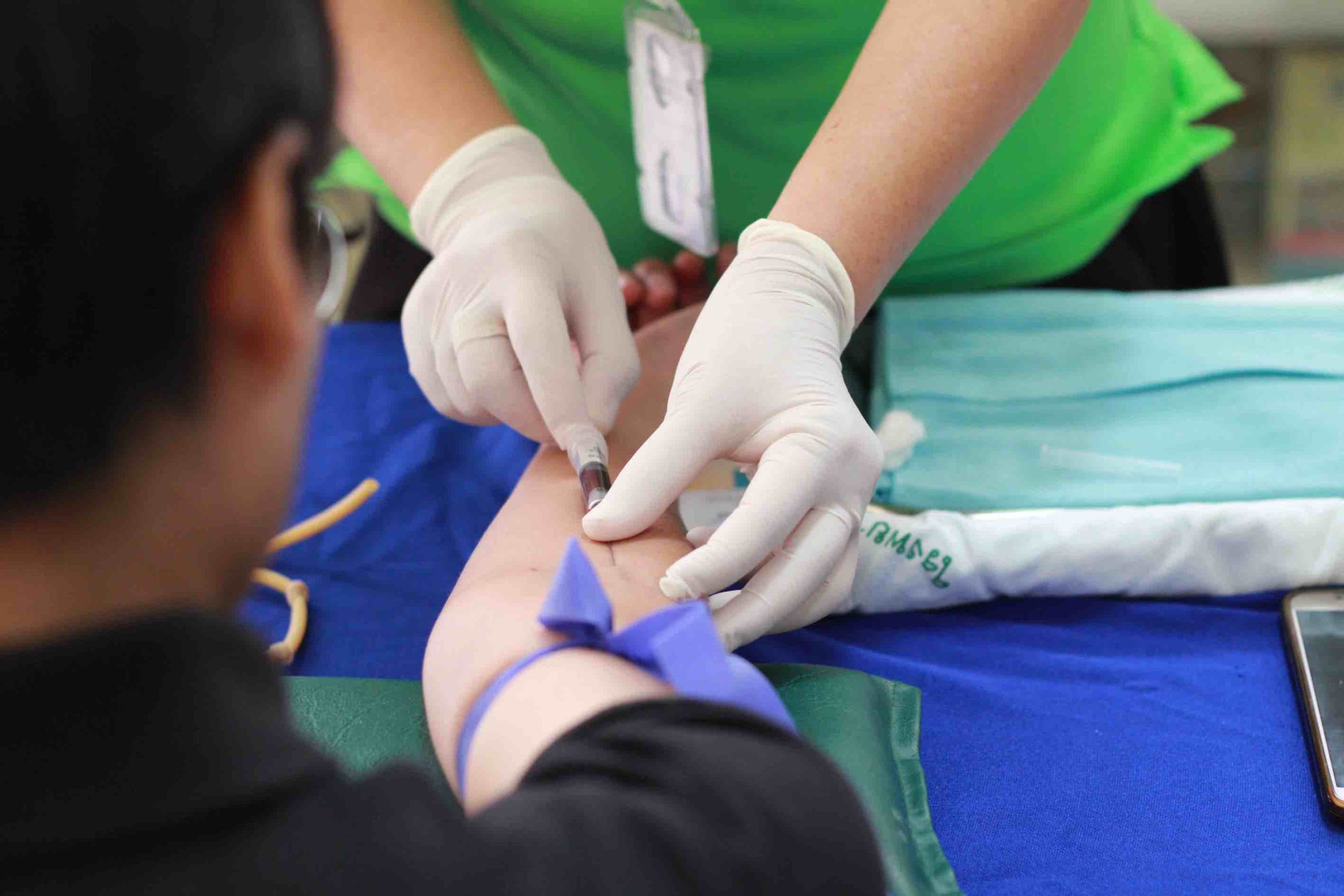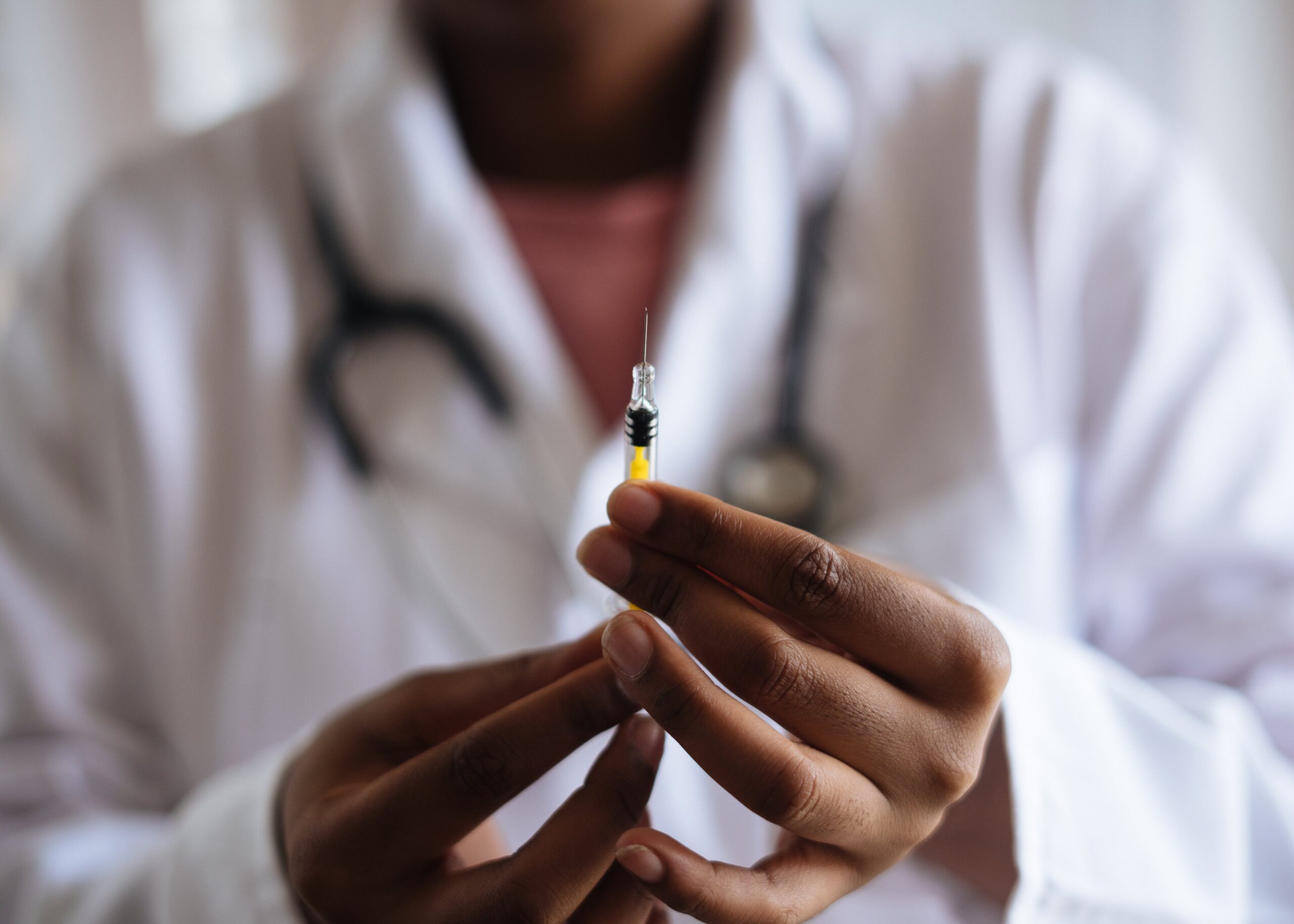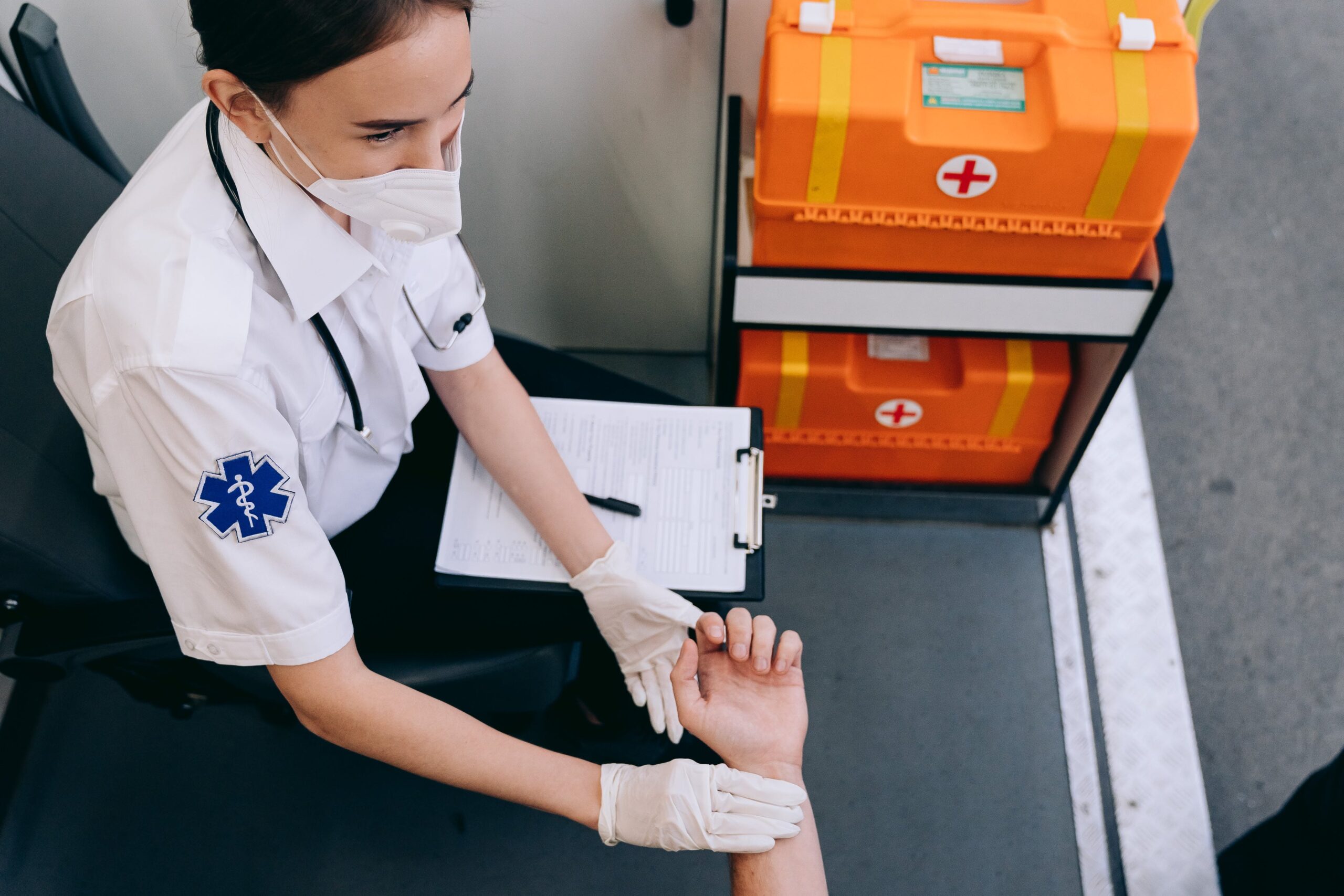Direct Patient Care Experience is a Great Way to Bolster Your PA School Application
Of all the requirements for successful acceptance to PA school, patient care experience is one of the most important. Many PA schools require applicants to acquire patient care experience and those that don’t, look much more favorably on applicants who have this kind of experience.
Why is Patient Care Experience Important to PA Schools?
There are several reasons why PA schools place such great emphasis on patient care experience:
Understanding the Role: Undertaking a patient care role allows aspiring PAs to understand the immense responsibility associated with caring for someone’s life. Naturally, PA schools want to avoid admitting a student who enters the program uninformed and changes their mind midway through the program.
Developing a Foundation in Healthcare: Direct patient care experience allows pre-PA students to develop basic clinical judgment and learn medical jargon, which could help them excel as a PA student.
Cultivating Teamwork Skills: Most patient care experiences involve working in a team, a concept that is at the core of the PA profession. PA schools seek applicants who are capable of effectively working as part of a healthcare team and getting along with other team members.
Is Patient Care Experience the Same as Healthcare Experience?
For the purposes of this article, patient care experience refers to any clinical role that involves working hands-on to care for patients (this does NOT include administrative and clerical roles). Many PA schools use the terms patient care experience, healthcare experience, and patient contact experience interchangeably.
CASPA Makes a Distinction Between Patient Care Experience (PCE) and Healthcare Experience (HCE)
The CASPA application makes a distinction between patient care experience and healthcare experience for PA school. According to CASPA:
Healthcare experience includes “both paid and unpaid work in a health or health-related field where you are not directly responsible for a patient’s care, but may still have patient interaction.” For CASPA’s purposes, taking vital signs, serving as a scribe, or working as a medical assistant count as healthcare experience as do clerical roles in healthcare.
Patient care experience is one where the individual is “directly responsible for a patient’s care.” Examples of patient care experience supported by CASPA include being a nurse, paramedic, emergency medical technician, certified nursing assistant, or phlebotomist.
Do PA Schools Prefer Experiences that CASPA Categorizes as Patient Care Experience (PCE)?
PA schools look for clinical experiences where the individual is working hands-on with patients in a medical setting. While CASPA categorizes many of these as patient care experience (PCE), some roles such as medical assisting or taking vital signs are also regarded positively by PA schools even though they are considered healthcare experience (HCE) by CASPA.
Rule of Thumb: Though there are exceptions to this rule, one way to know if an experience is valued is to ask whether the clinical role involves touching patients. If the answer is yes, the experience is more likely to be favored.
What Type of Direct Patient Care Experience is Best for PA School Admissions
Not all patient care experiences are weighed equally by PA schools. Even among acceptable patient care experiences, some are favored more than others. PA schools tend to look at a number of factors when evaluating an applicant’s patient care experiences:
Extent of Responsibility: The more responsibility a patient care role entails, the more favorably it will be viewed by PA schools. For example, a PA school applicant who works as an emergency room technician or EMT will be looked upon more favorably than a medical scribe. Even within EMT roles, those that involve responding to acute medical emergencies on the field are more impressive than those that involve transporting stable patients from one location to another.
Setting: A patient care role at a hospital or clinic or in an ambulance is more likely to resonate with PA schools than a role that involves working in a long-term care setting like a nursing home or as a home health aide.
Training: Many PA schools look more favorably at applicants who have obtained formal training and/or a certification in their patient care experience role. Examples include experiences as a certified medical assistant, phlebotomist, or emergency medical technician (EMT).
Specialty: While clinical experience in virtually any specialty is acceptable, PA schools tend to prefer applicants who have worked in primary care. Physician assistants play a critical role in filling the gap in healthcare. One area where this gap is most pronounced is primary care. Experiences in primary care demonstrate a commitment to this field. In addition, fields like primary care and emergency medicine allow pre-PA students to get exposure to a wider range of pathologies than highly specialized fields like ophthalmology or dermatology.
Do Not Panic if You Don’t Meet All These Criteria!
Although it is preferable to focus on experiences that align with the above criteria, an applicant can still be competitive for PA school even if they don’t meet all these criteria. Many applicants get accepted to PA school after working in fields like dermatology or ophthalmology.
If you are looking to take on a new role to accrue direct patient care experience for PA school, consider the factors above and try to target roles such as the following:
- Phlebotomist
- Emergency Medical Technician
- Emergency Room Technician
- Medical Assistant
- Certified Nursing Assistant
- EKG Technician
Does Scribing Count as Patient Care Experience for PA School?
Many PA schools accept scribing as patient care experience, however, an applicant who has had one of the experiences listed above is likely to be more competitive when applying to PA school. It’s worth noting that some PA schools will only allow scribing to be used to fulfill part of their patient care experience requirements.
Can Clinical Research Count as Patient Care Experience for PA School?
Clinical research experiences that involve working with patient subjects in a hospital or clinic are often accepted by PA schools provided that the work involves similar responsibilities as those in non-research settings.
If you are measuring vital signs, drawing blood, and performing EKGs on study subjects in a clinic as part of a research study, this experience will count. Conversely, research coordinator roles that involve enrolling patient subjects, obtaining ethics approval, or analyzing data are usually not accepted.
Do All PA Schools Require Direct Patient Care Experience?
Not all PA schools require direct patient care experience but most do and many that don’t, recommend it. Virtually every school will favor a PA school applicant who has had prior patient care experience. When it comes to patient care experience requirements, PA schools fall into one of the categories below:
- PA Schools That Don’t Require Patient Care Experience
- PA Schools That Recommend but Don’t Require Patient Care Experience
- PA Schools That Require Patient Care Experience
While it’s never a good idea to apply to PA school without direct patient care experience, for pre-PA students who want to apply without any experience, programs that don’t require patient care experience are likely the easiest PA schools to get into.
What are the Minimum Number of Hours of Direct Patient Care Experience that PA Schools Require?
The minimum number of hours of direct patient care experience required by a school can range from zero to 2000 hours. We recently surveyed 298 PA schools using data on their websites and found the following breakdown:
- 3% of PA Schools Do Not Require Patient Care Experience
- 29% of PA Schools Recommend Patient Care Experience
- 23% of PA Schools Require Less Than 500 Hours Minimum
- 23% of PA Schools Require Between 500 and 999 Hours Minimum
- 18% of PA Schools Require 1000 Hours Minimum or More
- 4% of PA School Did Not Provide Information
How Many Hours of Direct Patient Care Experience Should I Aim for Before Applying to PA School?
Ideally, an applicant should aim to accrue 1000 hours of direct patient care experience before applying to PA school. There are a few caveats to consider, however:
- While 1000 hours is ideal, many PA school applicants get accepted with fewer hours, especially if they have gained at least 500 hours of direct patient care experience when they submit their CASPA application
- Even once you reach the 1000-hour mark, gaining additional hours can help make your PA school application stronger
- If you want to target PA programs that require 2000 hours of direct patient care experience minimum, you will need to accrue at least 2000 hours
- Contrary to popular belief, you don’t need thousands of hours of patient care experience to get into PA school!
Don’t Get Intimated by the Average Patient Contact Experience Hours of PA Schools
It’s easy to get discouraged when looking at the average number of hours of direct patient care experience of accepted students at different PA schools. Many schools have averages well above 2000 hours even if their minimum requirements for patient care experience are 500 hours or fewer.
It may be reassuring to know that lots of students get accepted to PA school with below-average hours of patient care experience. Averages represent all students at a PA school and usually include a handful of non-traditional students with many years of patient care experience, who skew the figures.
Example: A PA school has 30 students in their incoming class. Among these, 25 of them applied with 750 hours of direct patient care experience. The other 5 had been out in the workforce for many years working as nurses, paramedics, and a physical therapist. These 5 individuals each had 15,000 hours at the time of the CASPA application. The average student at this PA school applied with 3125 hours of direct patient care experience, even though the vast majority of students applied with significantly fewer hours
Do my Patient Contact Experiences for PA School Have to be Paid?
Many PA schools accept both paid and unpaid direct patient care experience. That being said, some programs require applicants to have paid experiences in patient care before PA school. Where possible, we advise students to gain paid experiences. After all, if you are going to spend hundreds of hours working in a patient care role, you deserve to get paid for it!
Does Hospital Volunteer Work or PA Shadowing Count Towards Patient Care Experience for PA School?
PA shadowing and hospital volunteer work are separate activities from patient care experience and favored in their own right. This is especially true for PA shadowing. Some PA schools, however, will allow PA school applicants to count up to a certain number of hours of shadowing or volunteer work towards their direct patient care experience requirements.
For example, a school may require 1000 hours of direct patient care experience and allow up to 200 hours of it to be met by hospital volunteer work or 50 hours of it to be met with PA shadowing experience (shadowing with other healthcare professionals may also be acceptable at some schools).
Can I Count Clinical Experiences During a Training Program Towards Direct Patient Care Experience for PA School?
Some schools may accept time spent training as an EMT, phlebotomist, or certified medical assistant toward direct patient care experience, but not all schools do! Even PA schools that accept training will not count classroom training hours.
Can I Count Medical Missions Towards Direct Patient Care Experience?
PA schools look positively at medical mission trips and some PA programs will count this type of experience towards direct patient care experience if the role involves similar responsibilities as patient care experiences in the United States.
That being said, PA schools expect applicants to complete the majority of their direct patient care experiences in the US where they can gain familiarity with the US healthcare system. This is why we advise international medical graduates (medical doctors) who are applying to PA school to also seek direct patient care experiences in the US before applying to PA school.
How Recent Does My Healthcare Experience Have to Be?
The ideal applicant will have direct patient care experiences that are ongoing at the time of the application and will have accrued most of their hours in the year or two leading up to the PA school application. Some applicants get into PA school with experiences in the past especially if the experience was extensive and not completed too long before the application.
Some PA schools set expiry dates on direct patient care experience and will not accept patient care experiences that were completed more than a certain number of years before. Usually, this cutoff is 5 years but it varies from school to school.
Can I Use Direct Patient Care Experience from High School for my PA School Application?
Direct patient care experiences gained during high will look nice on an application and may fulfill part of the patient care experience requirements for some PA schools but they should not be used to fulfill the bulk of the patient care experience requirements for PA school.
Don’t Stop Gaining Patient Care Experience After Submitting Your CASPA Application!
You may ask why. Here are a few reasons why it helps to continue gaining direct patient care experience even after applying to PA school:
Showing Commitment: A PA school applicant who continues to accrue hours even after sending in their application demonstrates commitment to the PA profession. Conversely, if an applicant stops working in patient care as soon as they submit their CASPA application, it may lead PA schools to wonder whether the applicant is truly passionate about the work or if they were just working in a patient care setting to impress PA schools.
Meeting Minimum Requirements: Some PA schools allow students to submit their CASPA application while they are working towards meeting the PA school’s minimum required hours of direct patient care experience. These PA schools typically expect the applicant to reach the minimum hours prior to matriculation or by a certain point in the application cycle.
Example:
- John applies to a PA school that requires a minimum of 1000 hours of direct patient care experience
- This PA school indicates that the direct patient care hours must be completed by March of the matriculation year
- John submits his CASPA application on June 1st with 680 hours
- John works 20 hours a week as a phlebotomist and plans to continue this work after submitting the CASPA application
- John will reach the 1000-hour mark for direct patient care experience by the end of September, well before March of the matriculation year
Key Takeaways
- Direct patient care experience is one of the most important parts of the PA school application and is highly valued by PA schools
- PA schools prefer direct patient care experiences that involve working closely with patients hands-on in a clinical setting alongside a team of healthcare providers
- PA school applicants should aim to accrue at least 500 hours before applying to PA school and should ideally have 1000 hours of patient care experience to be most competitive for PA school
- Volunteer work in a hospital and shadowing experience with a PA or other healthcare provider can fulfill part of the requirement for direct patient care experience at certain PA schools
- Even after submitting the CASPA application, gaining additional direct patient care experience can strengthen an applicant’s candidacy for PA school
- PA schools’ requirements for direct patient care experience vary from program to program. Applicants should check each school’s requirements carefully.





